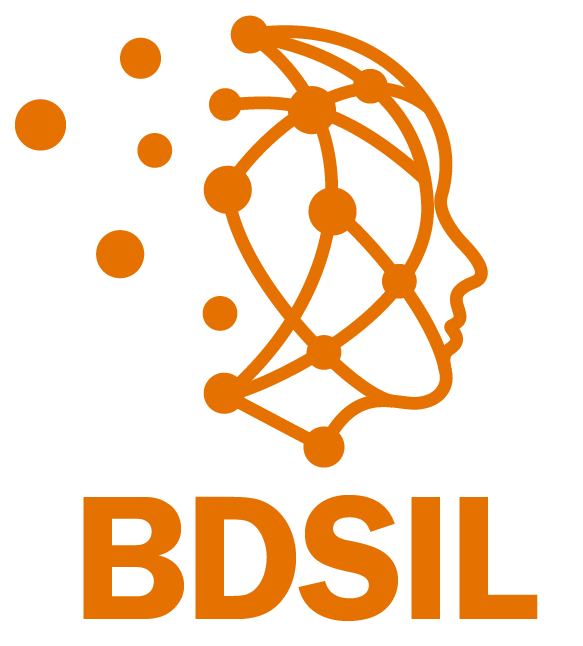The Spatial and Functional Heterogeneity of PDAC Tumor Sub-populations
Pancreatic cancer is therapeutically resistant and metastatic. It is defined by a vast, heterogeneous microenvironment and two distinct, but metastatic, cancer cell populations. Using genetic mouse models, Dr. Carstens' team have begun unraveling the complex functions and interactions of these tumor sub-populations. This talk will discuss findings of the tumor regulatory properties of microenvironmental sub-populations and their function-location linkage within the tumor and metastatic sites.
Dr. Carstens earned her PhD from Baylor College of Medicine in Houston Texas in the laboratory of David Spencer, PhD in the Department of Pathology and Immunology, where she studied the cellular and molecular biology of prostate cancer focusing on the tissue crosstalk between cancer cells and their microenvironment. After defending her dissertation, she trained at MD Anderson Cancer Center in Houston, Texas, where she completed her postdoctoral fellowship with Raghu Kalluri, M.D., Ph.D. in the Department of Cancer Biology. Her work investigated the specific roles of cancer and microenvironmental cell types play in the progression and metastasis of pancreatic cancer using genetic mouse models and multiplex image analysis.
Her laboratory at UAB continues her previous work in metastatic pancreatic cancer, with the ultimate goal to understand the systemic, tissue, cellular and molecular events that drive pancreatic cancer metastasis and resistance to a broad range of therapies. The lab utilizes novel genetic and transplant mouse and cell line models in combination with multiplex imaging, imaging mass spec and genomic, lipidomic and proteomic analyses in a cross-platform system of discovery and clinical translation.
